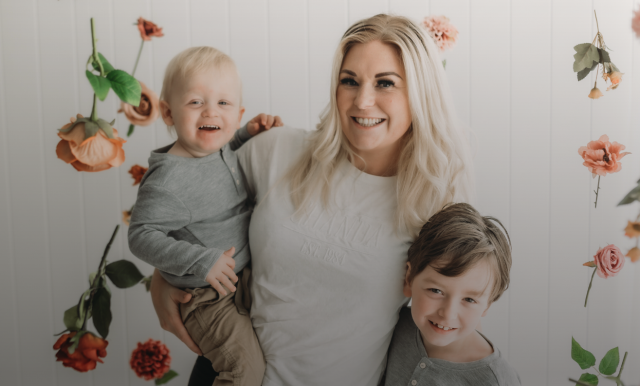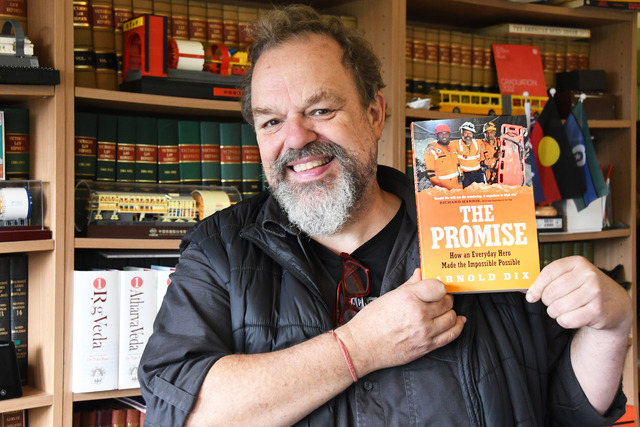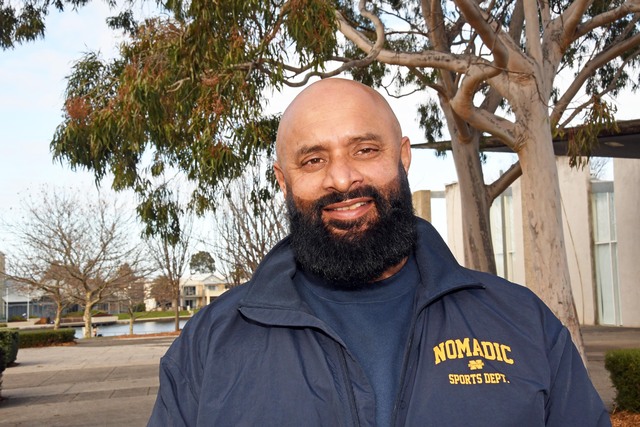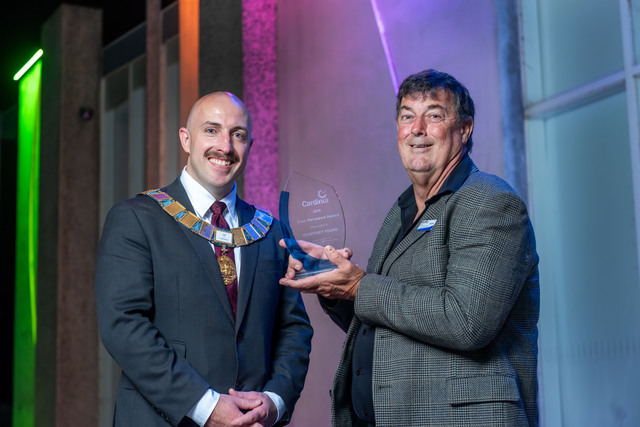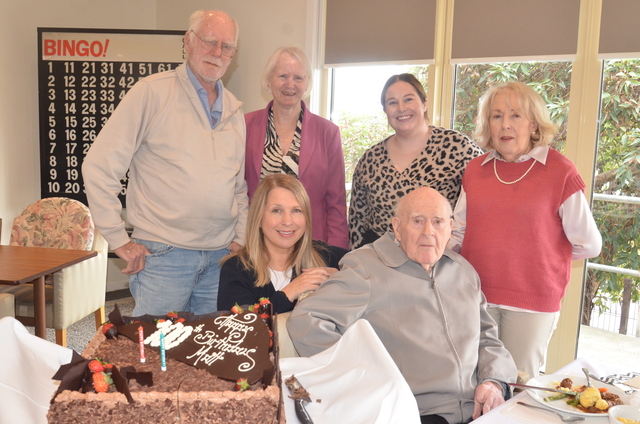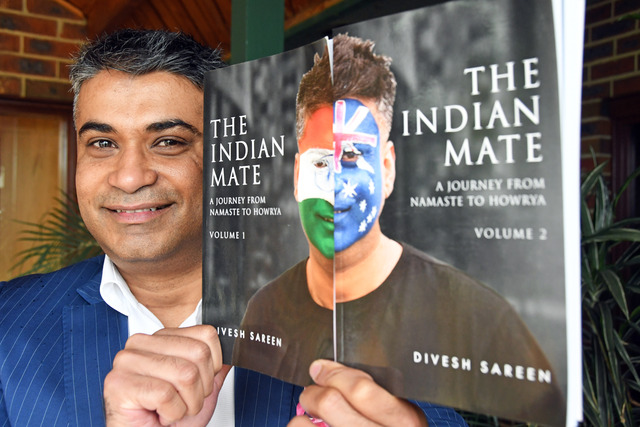Blind Bight mum Emma McWilliam is turning her own trauma into crucial resources for other mothers.
“The Handy Mum is a safe resource hub and a community for mums to be able to learn from each other and feel supported,” she said.
Emma assists mums to achieve their goals, to empower, encourage and support in times of need by providing convenient, easy, accessible resources, coaching and courses.
The Handy Mum originally began as a doula support service but has now evolved into accessible and empowering programs.
“Mums don’t spend a lot on their self care,” Emma said.
“They don’t put themselves first. The default setting is to put the family first and then mum comes in last.
“So I thought its more beneficial to reach mums online rather than face-to-face.”
Emma now creates and offers programs available to mums from home that are lower in price and offer more accessible support.
“There are so many mums out there that want to be able to learn from home and have a DIY approach as opposed to saving up or waiting in a system for a year and feeling completely abandoned,” Emma said.
“I want to be a point of contact for them or something they see on their phones and can identify with so they don’t feel so lonely.”
Emma explained that mothers are rarely the focus of maternal child health services.
“We don’t really focus on mum, we focus on the baby and I think that’s where a lot of the shame and guilt comes from,” she said.
“That’s why I’m teaching maternal health through working with their own children.”
Emma’s ’Calm Kids and Calmer Mamas’ program is designed to help mums establish co-regulation with their children.
Mums will also learn how to utilise nervous system calming techniques and create a better bond with their children.
“You will have less dramatic outbursts because you will be able to communicate better,” Emma said.
“You’ll be able to realise your child’s triggers and understand what will work for them.
“At the end of it, I’m really hoping mums feel more in control and empowered with their parenting.”
Emma uses her lived experience as the basis for her programs and she believes this sets her apart from other education services.
“Having lived experience, being in it and knowing exactly how it feels and how lonely and debilitating it is means I can connect with mums on a different level,” she said.
“I truly understand where they are coming from and what the roadblocks are.”
Emma holds a psychology degree and has previous experience as an integration aide.
She is also currently working towards a certification in Healing Informed Trauma Therapy.
Emma herself had a “rough“ childhood where she sustained trauma that carried over into her adult life.
The coping mechanisms she developed to deal with her trauma served her well, until she became a mother.
“A lot of the coping mechanisms that you’ve had throughout your life don’t really work when you’re a mother,” she said.
“Becoming a mother adds that much more pressure to you.”
Emma didn’t have a strong family support network and found herself struggling with postnatal depression and anxiety.
“With my first child I ended up going back to work and into high functioning anxiety,” Emma said.
“But with my second child I really started to think, if this is postnatal depression, and I know I have it and I’ve sought help for it, then why aren’t I better? What am I missing?
“I couldn’t keep going on like that and I thought if I feel like this, there has to be other mums that are slipping through the cracks.”
In Australia, approximately 15-20 per cent of women will experience perinatal depression.
Antenatal depression affects 10-15 per cent of women and postnatal depression affects 14 per cent.
Emma is currently working with a doula to produce a new program to assist mums through every stage of the motherhood process, from conception to sending children off to school.
“We are putting together a program for all mums from a doula and trauma perspective, for mothers to be able to harness through all the seasons,” she said.
“It can be really hard to prepare for pregnancy and labour when you don’t quite fit the textbook mold.
“People are screaming out for these resources and if we don’t provide them, then we have mums that are struggling.”
Emma believes creating further resources for mothers may impact the availability of resources for fathers too.
“Mums are generally the default parent in a nuclear family, and that’s a stigma in itself,” she said.
“If you are in the minority [of fathers who are the primary parent], there’s going to be less resources and talk about it.
“And if there’s already not enough resources and talk about motherhood and parenting, then there’s going to be less for fatherhood.”
Emma said that while her language online targets women primarily, “there’s no reason why a dad couldn’t learn this material and get the support from the community” that The Handy Mum creates.
“There’s a lot of stigma for men joining programs that are predominantly taken by women,” Emma said.
Emma hopes to branch out in the future, possibly giving workshops dedicated to fathers in male-dominated spaces, such as Men’s Sheds.
Emma encourages anyone in need of parental support to reach out to her.
She can be found on The Handy Mum accounts on Facebook, Instagram and through her website.

